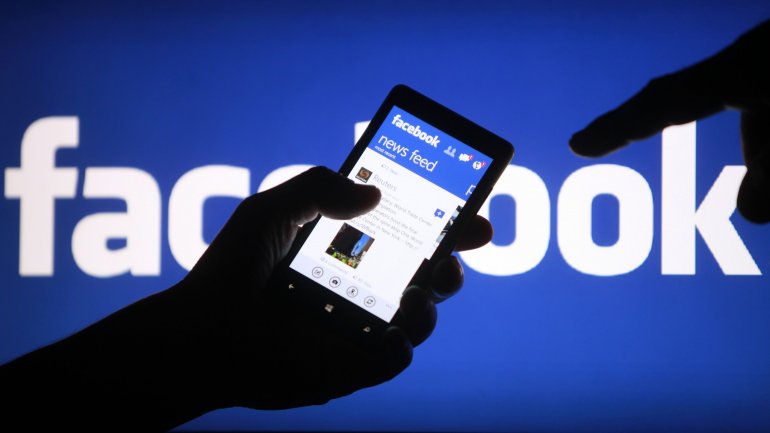Facebook creates Al to erase terrorism-related post
 foto: SeerOmega
foto: SeerOmega
Facebook has said that efforts to use artificial intelligence and other automated techniques to delete terrorism-related posts are "bearing fruit" but more work is needed.
The firm said that 99% of the material it now removes about Al Qaeda and so-called Islamic State is first detected by itself rather than its users.
But it acknowledged that it had to do more work to identify other groups.
Founder Mark Zuckerberg first detailed his AI-based plan in February.
He said at the time that it would take "many years" to fully develop the required systems.
Facebook relies on a mix of human checkers and software to confirm which posts should be removed, but it said that the task was now "primarily" being carried out by its automated systems.
It said the technologies included photo and video-matching - in which previously identified imagery used by terrorist groups is automatically detected when it is reposted.
This is made possible by the firm sharing hashes - unique codes generated from image data - with other organisations.
The "digital fingerprints" allow pictures and video clips to be quickly checked against a list of previously flagged material without the imagery itself - which takes up much more data - having to be shared.
The California-based firm also referred to text-based machine learning, in which software is trained over time to detect which posts are most likely to be of concern by analyzing factors such as the frequency with which certain words and phrases appear.
Facebook said that once a piece of terror content was flagged as being such, it removed 83% of the material and any subsequently uploaded copies within an hour of them being posted.
It added that in some cases, material was now being wiped before it had ever gone live on its site.
The company said that it had focused on Al Qaeda and IS up until now because they represented the "biggest threat globally", but cautioned that expanding the efforts to other groups was "not as simple as flipping a switch".
"A system designed to find content from one terrorist group may not work for another because of language and stylistic differences in their propaganda," wrote Monika Bickert, Facebook's global policy chief and Brian Fishman, the company's head of counter-terrorism policy.
"But we hope over time that we may be able to responsibly and effectively expand the use of automated systems to detect content from regional terrorist organisations too."
UK Prime Minister, Theresa May, acknowledged in September that Facebook and other tech companies had made progress in their efforts to tackle the issue, but added that they still needed to go "further and faster".
Mrs May, along with several other European leaders, has said that she wanted terrorist-related material to be erased within two hours of being posted.
It has been hinted that failure to comply could lead to hefty financial penalties.
In October, a new German law came into force that allows its government to fine Facebook and other social media firms with more than two million local users up to 50 million euros ($59.3m; £44.4m) if they fail to remove "manifestly unlawful" posts within 24 hours.
Read more at BBC
- 50 dead and dozens injured after suicide attack in Nigeria
- Changes in Law. Online privacy to be introduced in article 178 of Penal Code
- Facebook will create platform allowing users to see if they liked pages or accounts linked to Russian trolls
- People fit for work who wish to receive social assistance will have to perform community service
- Border incidents for past 24 hours
- Latest North Korean ballistic missile could reach all parts of US mainland